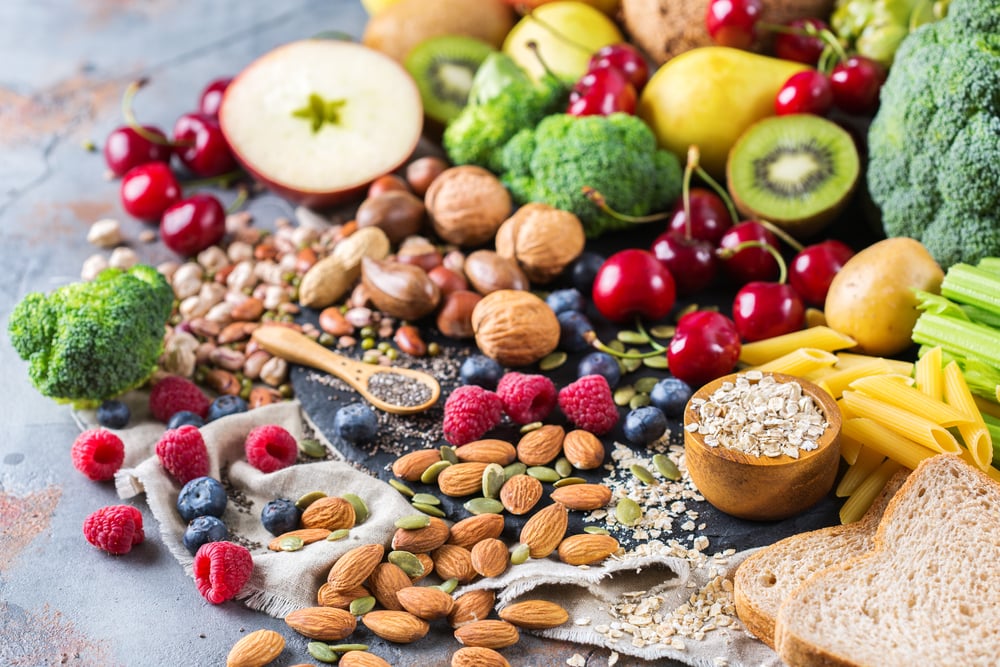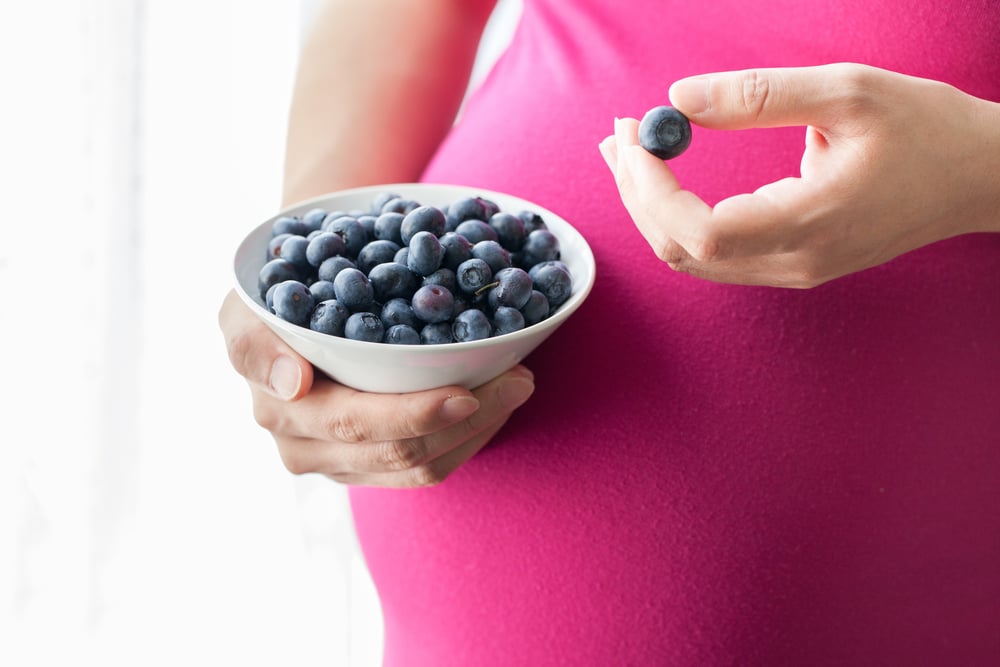Pregnancy is a wonderful time. It is also a time of uncertainty, worry, and even fear. Women wonder if they are taking proper care of themselves, thinking about activity, mental health, and what they should be eating.
If there was ever a reason to examine your personal care habits, pregnancy is it. You are bringing a new life into this world, and giving that child every healthful advantage even before they take their first breath will hopefully set them up for a lifetime of health and happiness.
In the first trimester of pregnancy, many women suffer from morning sickness and a reduced appetite. This may be alarming when you consider that you are responsible for meeting the nutritional needs of your child. Don’t fret too much—as you come into your second trimester, you’ll likely feel more normal. You’ll be able to resume eating, and you can begin to focus on meeting those nutritional needs for you and for baby.
What is happening during the second trimester?
Your little critter is looking less like a tadpole these days and more like a human. With imminent growth spurts in place, you’re going to need additional vitamins and minerals in your diet—it will be acceptable to eat for two now! Before you go overboard, however, consider what healthful eating for two means:
1. It is okay to increase your caloric intake slightly
Before you get too excited about that extra 500 calories that you’ll be taking in, consider this—the extra calories you are consuming right now should come from the healthiest foods possible. While it might be tempting to load up that extra plate of nachos for some Friday night fun, consider whether that is the best choice for you and your baby. Establishing healthier habits now will help you bounce back faster after your bundle is born, so reach for an apple or some quality protein instead.
2. Speaking of protein……
Because your baby is going through such a dramatic growth spurt right now, you are likely to experience changes in your hunger levels. Quality protein will help to keep you full and satisfied longer, and it will give your child proper building blocks for growth. Aim for 3/4 ounces per pound of bodyweight for adequate growth and energy during this busy time.
3. Get your calcium!
As baby grows, teeth and bones are developing. Calcium is needed in order to provide density and strength for these tissues. In addition to calcium supplements, leafy greens and other cruciferous vegetables such as broccoli, cauliflower, and cabbage will help you gain adequate stores of this powerhouse mineral.
4. Stock up on vitamin D
When used in combination with calcium, vitamin D helps to facilitate several important metabolic processes in the body. Vitamin D can be found in eggs, salmon, dairy products and other fortified foods. As most vitamin supplements offer 400 IU of vitamin D, more is needed for optimal growth and development of your baby. It is advised that pregnant women get as much as 4000 IU daily–anything you can do to supplement this critical vitamin is a step in the right direction toward health and proper nutrition.
5. Amp up with iron
Iron is needed through all trimesters of pregnancy to avoid a condition called anemia. Around the midpoint of pregnancy, a fetus is busy developing his/her own blood stores; foods rich in iron include tofu, dark chocolate, spinach, and lentils. Stock up, and enjoy them throughout your pregnancy.
6. Balance that diet with whole foods
Fresh produce, whole grains, quality proteins, and healthy fats are the building blocks for good nutrition. Eating a balanced diet will help you to feel better, and it will allow you to weather the rest of your pregnancy with the vitamins and minerals needed for this critical time of development. Enjoy the process, and get ready to meet your little one!











